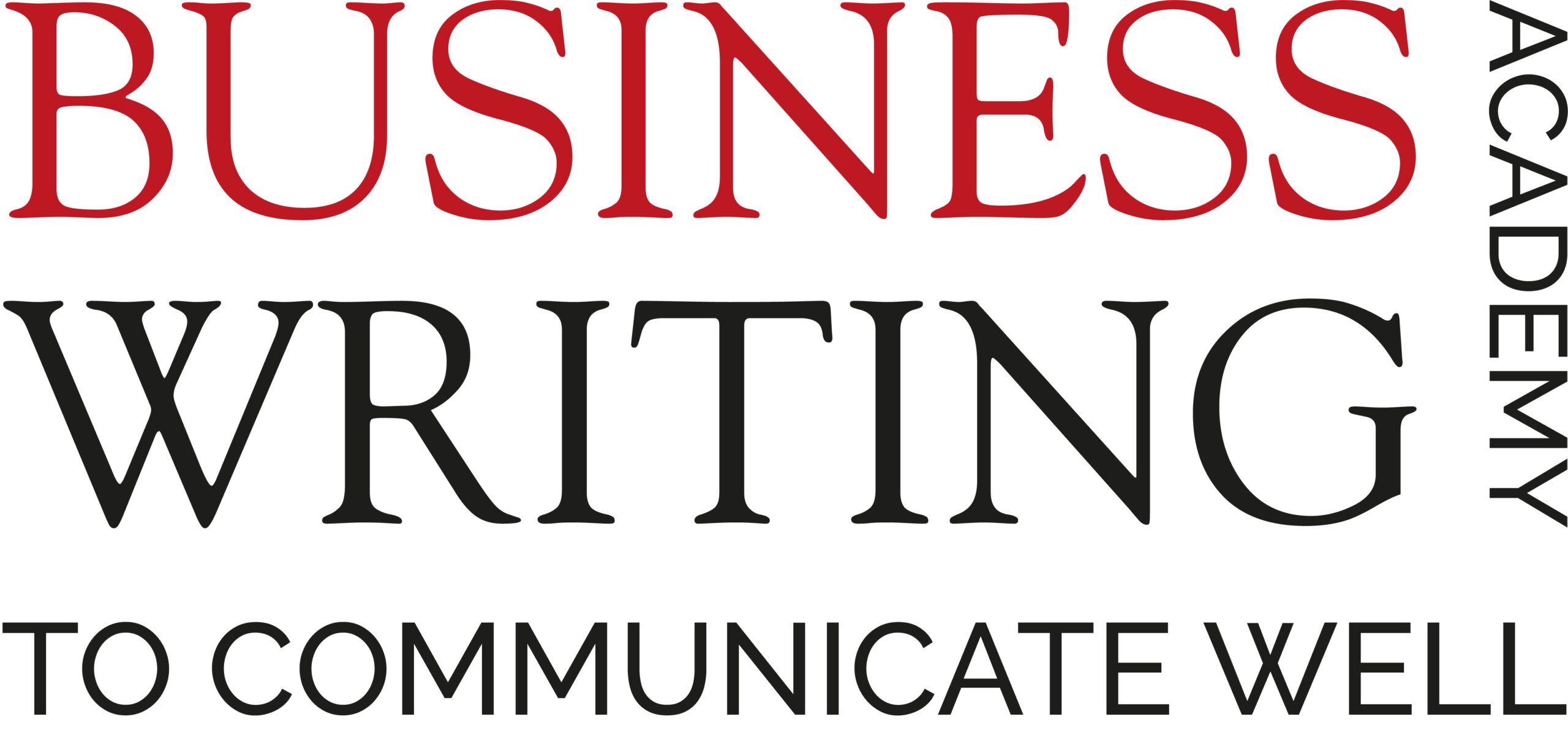If you were born before the 1980s, the chances are you were taught how to write a letter properly. There was the correct place to put the recipient’s address, and then the date, followed by a polite ‘Dear xxx’.
At the bottom there was the sign-off, and a big discussion about ‘Yours faithfully’ or ‘Yours sincerely’ (some people dodged this bullet by simply writing ‘Yours’).
Over time, things changed, developed and modernised and letters looked smarter, neater and less cluttered. But then came email. And that’s when grammar, punctuation and polite formality went out of the window.
The email generation
Last year, an American professor, Brittney Cooper, Tweeted that her college students didn’t know how to send a formal letter or email. Her message attracted nearly 3,000 replies, many of them blaming the school system and accepting that teenagers are sent out into the wide world unable to write properly. One student even complained that he paid $20,000 a year to have Professor Cooper as his lecturer and “i’m gonna write it however i want”.
Email brought a new generation of message writers. Not letter writers – message writers. Quick, easy and to the point, email made communication super-fast and convenient. It also led to a deterioration in letter-writing standards and, therefore, in clear, sensible communication.
It’s all very well starting your message with ‘Hey’ rather than ‘Dear xxx’, but unless the person you are Hey-ing is your best mate, you shouldn’t really be doing it. It creates a poor impression from the start.
Goodbye to English?
The increased use of texting and its convenient ability to use massive abbreviations did nothing to save the English language in an email context.
‘Are you OK?’ became ‘UK?’. ‘How has everything been?’ turned into ‘Whassap?’. And ‘I look forward to seeing you soon’ was replaced by ‘Catch u later’.
There’s nothing wrong with a quick message like that on your mobile phone, but it shouldn’t creep into your formal emails.
Kick back and return beautiful English grammar and punctuation into your correspondence. You’ll be amazed at the response your clear, concise and respectful messaging generates. Especially in the sometimes hard world of business.
Crisp, clear writing gives the impression that your thinking, and therefore your capabilities, are crisp and clear too. And in business, that’s what we all want. Innit?
To learn more, and to join Business Writing Academy, click here.
Empower yourself and your team

